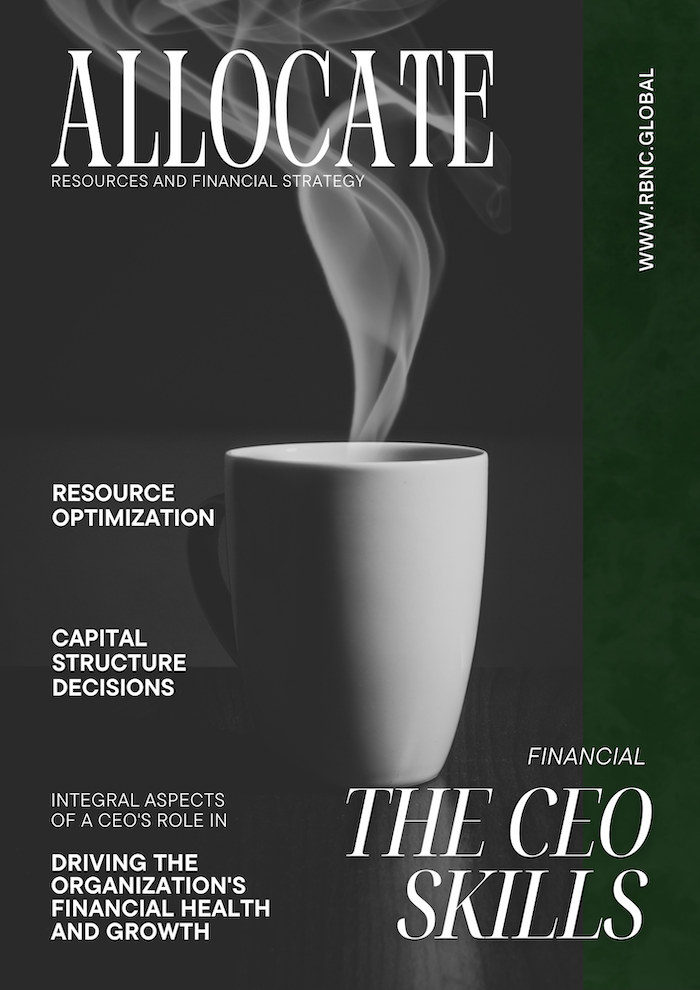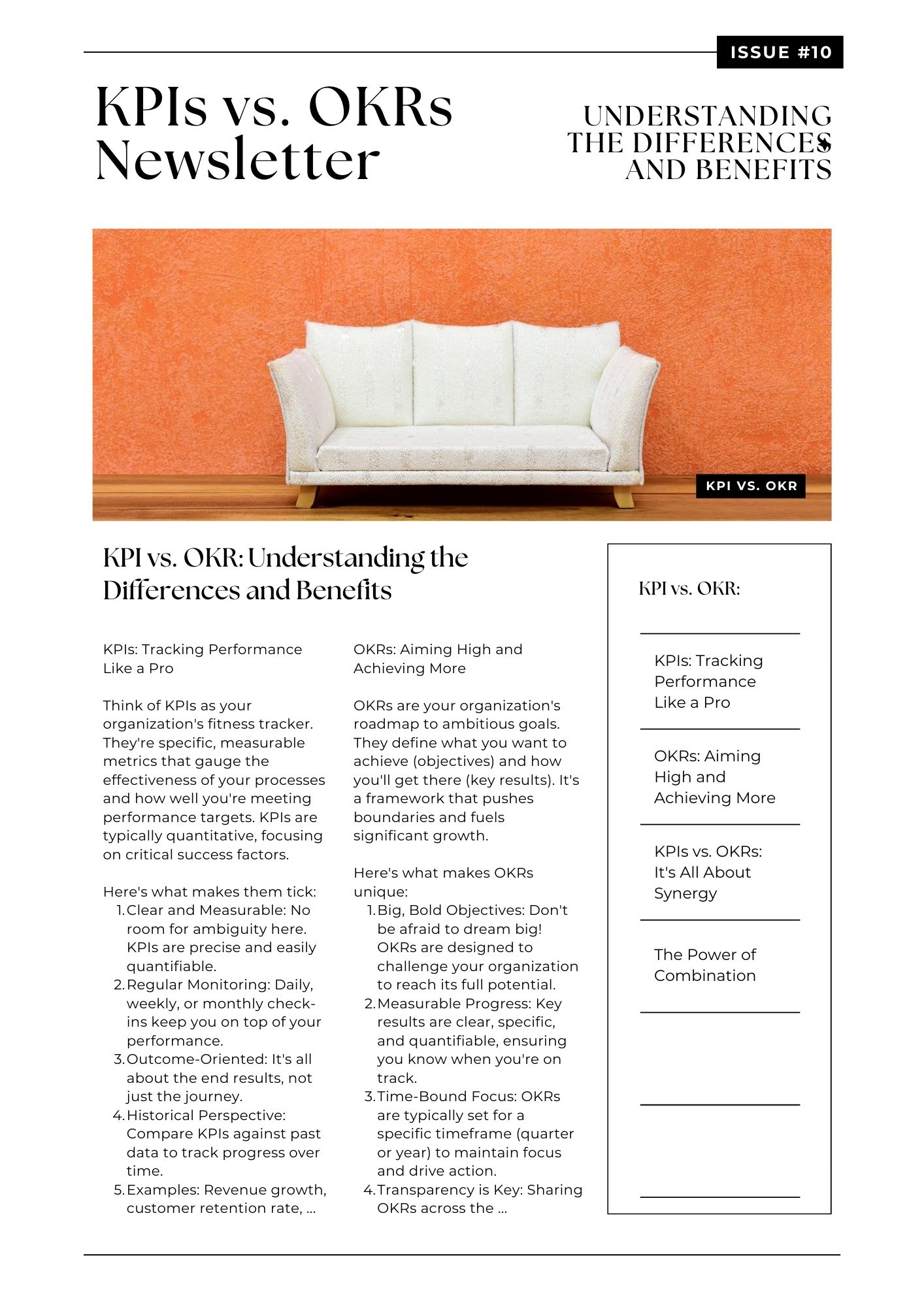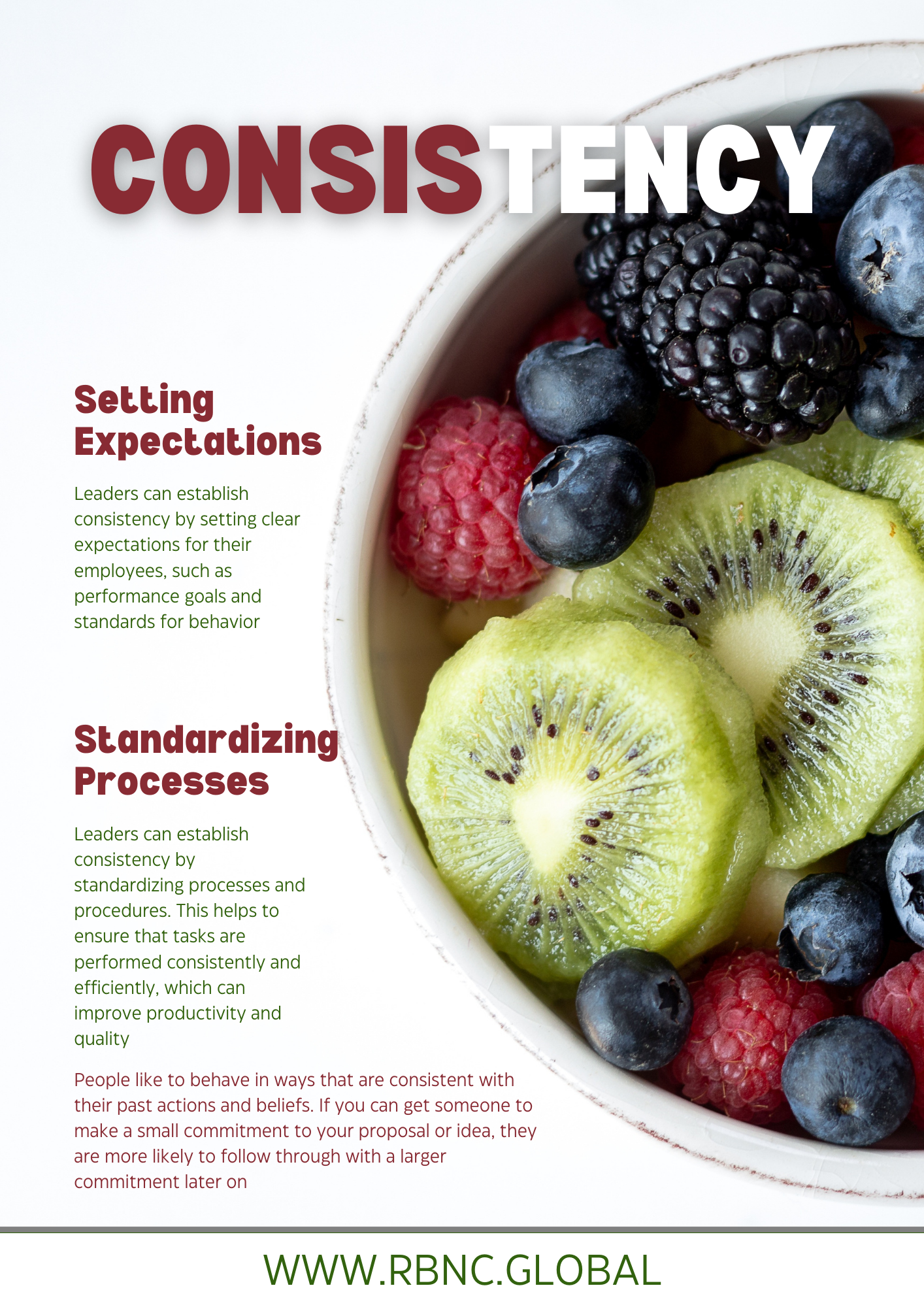Market Access Guideline for Small and Medium Businesses
Market access is particularly relevant in today's business landscape because of the increasing globalization of markets and the rise of digital technologies. With advances in transportation and communication, companies can more easily access new markets and sell their products or services to customers around the world.
With the rise of e-commerce and online marketplaces, businesses can access new customers without the need for a physical presence in the market. This has opened up new possibilities for small and medium-sized enterprises to reach global audiences and compete with larger players.
Why Market Access Matters:
Market access can have a significant impact on a business in terms of revenue, growth, and competitive advantage. Here are some of the ways market access can affect businesses:
- Revenue: Entering new markets through market access can increase a business's revenue by providing access to new customers and new sources of income. This can help businesses to diversify their revenue streams and reduce their reliance on a single market. Market access can also help businesses to increase their sales volume and grow their overall revenue.
- Growth: Market access can be a key driver of business growth, enabling businesses to expand their operations and increase their market share. By entering new markets, businesses can access new opportunities for growth and innovation, which can lead to higher profits and increased market share.
- Competitive Advantage: Market access can give businesses a competitive advantage by providing them with unique insights into local market conditions, consumer preferences, and competitors. This can help businesses to tailor their products and services to local markets and gain an edge over their competitors. Market access can also enable businesses to leverage their existing expertise and resources to enter new markets more quickly and effectively than their competitors.
Market Access Strategies:
- Exporting: This involves selling products or services to customers in a new market from the company's home base. Exporting can be a good entry strategy for companies with limited resources or experience in the new market, as it allows them to test the market without significant investment.
- Licensing: This involves granting a license to a local company to produce and distribute a company's products or services in a new market. Licensing can be an effective way to enter a new market quickly, as the local partner typically has knowledge of the market and established distribution networks.
- Joint ventures: This involves forming a partnership with a local company to jointly operate in a new market. Joint ventures can be an effective way to share resources and risk while benefiting from the local partner's knowledge of the market and regulatory environment.
- Direct investment: This involves establishing a physical presence in a new market through a wholly-owned subsidiary or branch office. Direct investment can be an effective way to gain complete control over operations in the new market and build a long-term presence.
- Franchising: This involves granting a license to a local company to operate a business under the parent company's brand and business model. Franchising can be an effective way to rapidly expand in a new market while leveraging the local partner's knowledge of the market.
The Challenges and Risks Associated with Market Access:
While market access can offer significant opportunities for growth and expansion, there are also a number of challenges and risks that companies may face when entering new markets:
- Regulatory barriers: Different countries have different regulations that can affect the ability of companies to enter new markets. These regulations can include requirements for product safety and labelling, import and export controls, and compliance with local laws and regulations. Failure to comply with these regulations can result in fines, penalties, and reputational damage.
- Intellectual property protection: Companies may face challenges with protecting their intellectual property, such as patents, trademarks, and copyrights, in new markets. Weak intellectual property laws and enforcement can result in the infringement of a company's intellectual property, leading to lost revenue and competitive advantage.
- Cultural differences: Entering new markets often means encountering cultural differences, including language, customs, and business practices. Companies may need to adapt their products, marketing, and sales strategies to fit local custom
Sales Access vs Market Access:
"Sales access refers to a company's ability to sell its products or services to customers in a specific market. This includes having the necessary sales channels, distribution networks, and salespeople in place to reach and engage potential customers. Market access, on the other hand, is broader and encompasses a range of factors that can impact a company's ability to enter and operate in a new market. This includes factors such as regulatory barriers, intellectual property protection, cultural differences, and logistical challenges".









